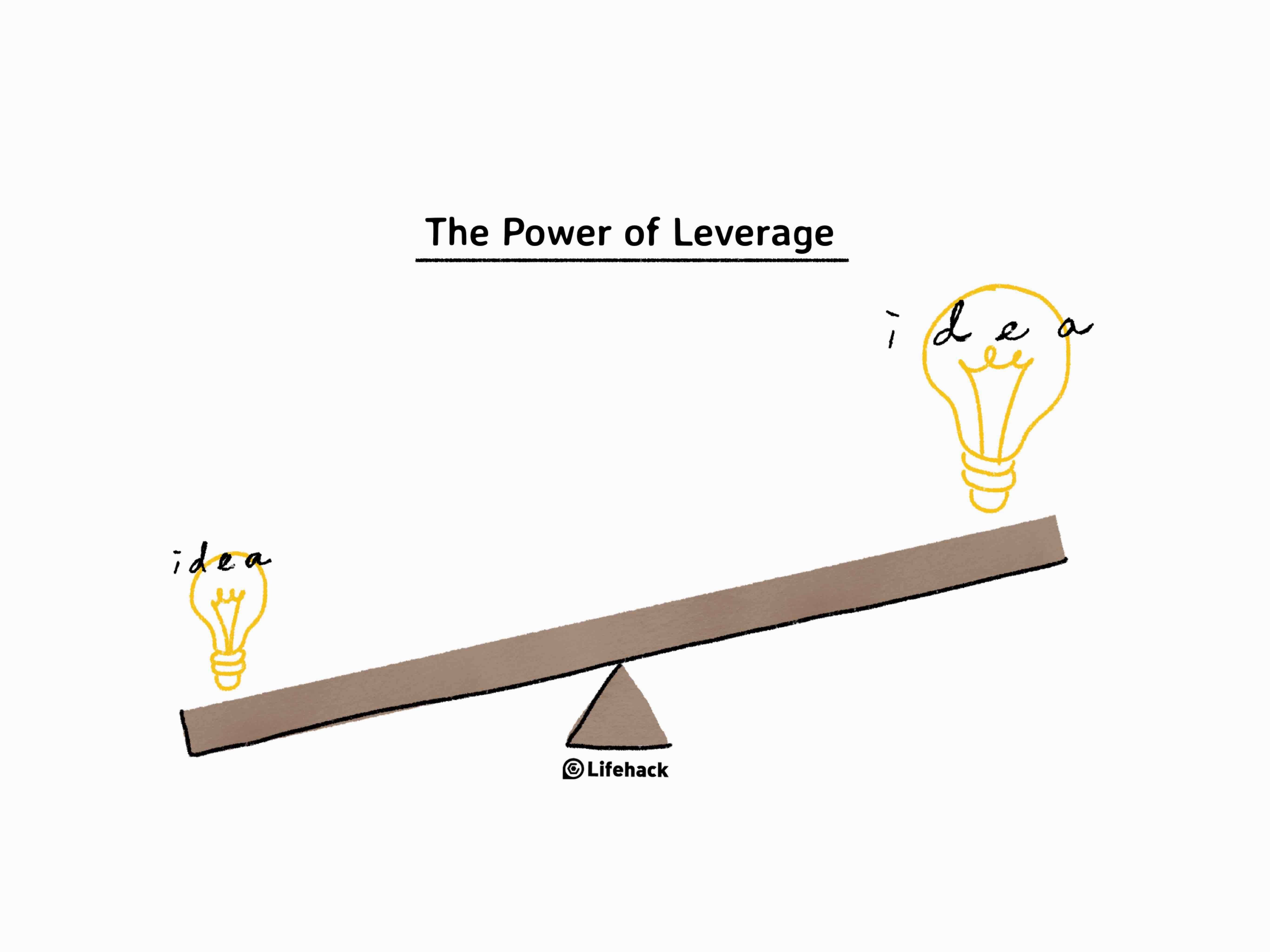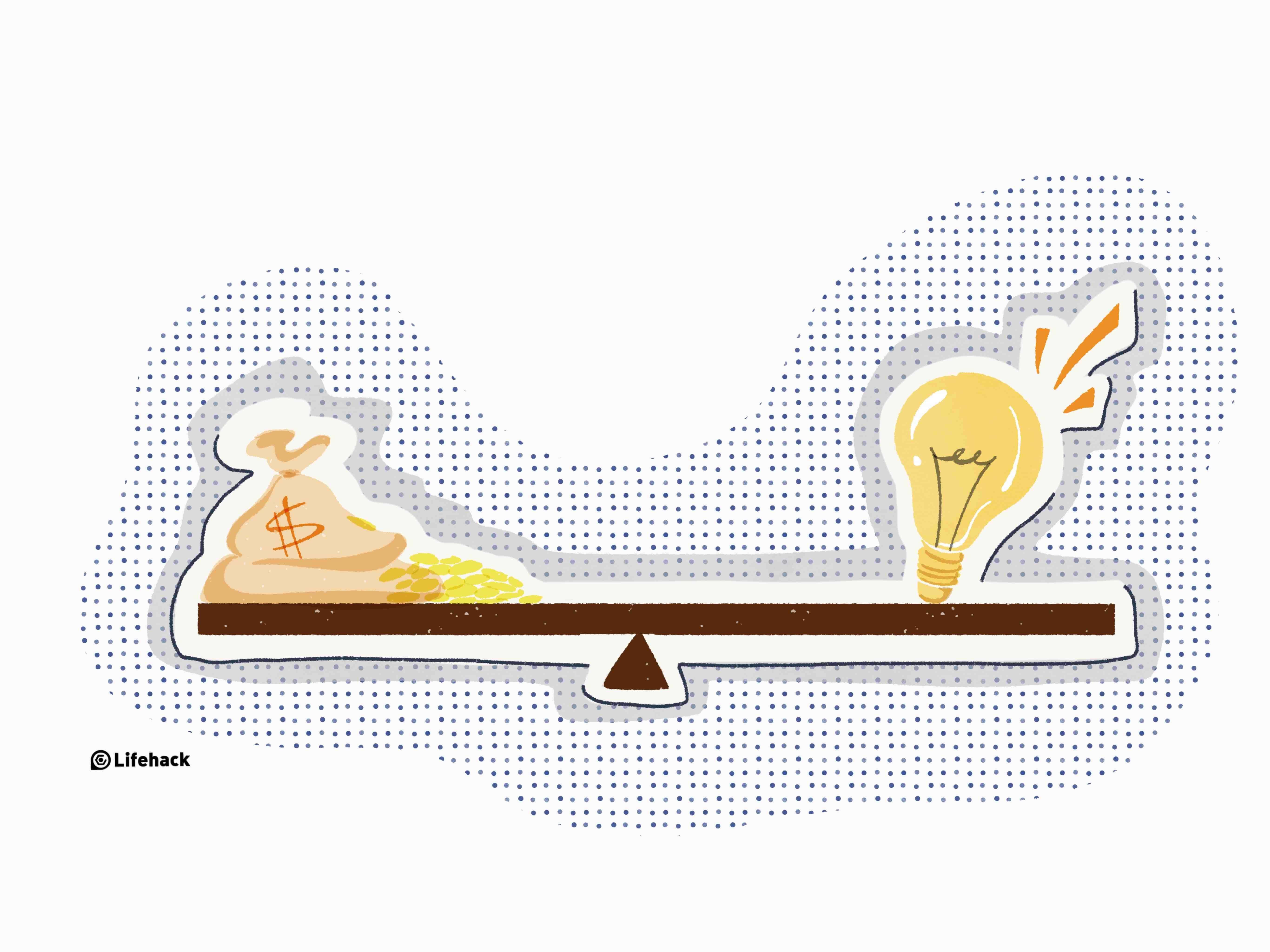In 1935, Boeing and Martin & Douglas — two aviation companies — brought planes to an airfield in Dayton, Ohio to compete for a contract from the U.S. Army. Boeing was showcasing a plane called the Model 299, which had a 103-foot wingspan, four engines (the norm at the time was two), five times the number of specified bombs, and could fly much farther than any other plane.
It was a very complex plane, but a tremendous one.
And what happened in Dayton? It crashed right into the ground, killing two of the men on board.[1]
The instant theory on what happened was complexity. Some newspapers called it “too much plane for one man to fly.” Martin & Douglas won the contract, and Boeing almost went bankrupt.
Some in the Army, though, still thought the Model 299 could work. They got together and tried to fix the complexity issues. At first, they thought the main issue was experience of the pilots — but in the Dayton test, the pilot had been very experienced. That wasn’t it.
Over time, they came up with a very simple idea: a pre-flight checklist.[2]
The pre-flight checklist was a success, the plane was renamed the B-17, and it had a huge impact on WW2. At the same time, the pilot’s checklist gave birth to the hospital checklist, which has improved safety in surgery by 30% and more.
A simple idea, but with a huge impact.
Very often, we seek great thoughts. We believe that the bigger the idea the bigger the value. But the pre-flight checklist is one of the many pieces of evidence to prove that this is not true.
Start Small and Leverage
If you want to make an impact, aim small and think about the leverage of an idea. Begin with one small idea, or an old idea. How can the old idea be reused, adjusted, or tweaked to “leverage” for higher values?
“Leveraging” is an investment strategy involving the use of borrowed capital to increase the potential return on an investment. It works with ideas too, however. An old idea in a new situation can be transformative. Or a simple idea like a pre-flight checklist can change the course of a World War.
You don’t always need to wait for the inspirational “big idea” to come. What if that never comes, and you’re left with no ideas at all?
How to Find that Small Idea?
The easiest way is to start with a problem.
Because there are so many different types of problems you could solve, look for one within your capability or expertise area. By narrowing down the scope, you don’t get distracted by problems that you don’t have control over. Within that area, look for a problem that happens all the time. (Something frequent.)
Now you need to stick to the problem you’ve found and look into it — start with the root cause, and then look for different layers of causes. Understand what the core of the issue is. This will help you think of more good approaches/solutions for it.
Now review the causes you have identified and think of solutions. If there are available solutions, review whether they can really fix the causes you have identified. If the answer is no, it’s probably a hard problem to fix. But if the answer is yes, don’t worry so much about the root cause — try to review different layers of causes.
If there are no available solutions, think of different solutions for different layers of causes. It feels counterintuitive to many, but oftentimes when you stop looking for the big idea, you open up creativity big-time.
Small is Big
A simple act, with a simple, old tool, had incredible leverage. Don’t look for a great idea. Look for a good problem. Start by observing the troubles you come across in your everyday life. Go for the small idea and get the big wins from there. You probably won’t win a World War, no, but you could be very successful.
Reference
| [1] | ^ | Anecdote: The story of the checklist |
| [2] | ^ | Angle of Attack: What the B17 Taught Us About Checklists |















































